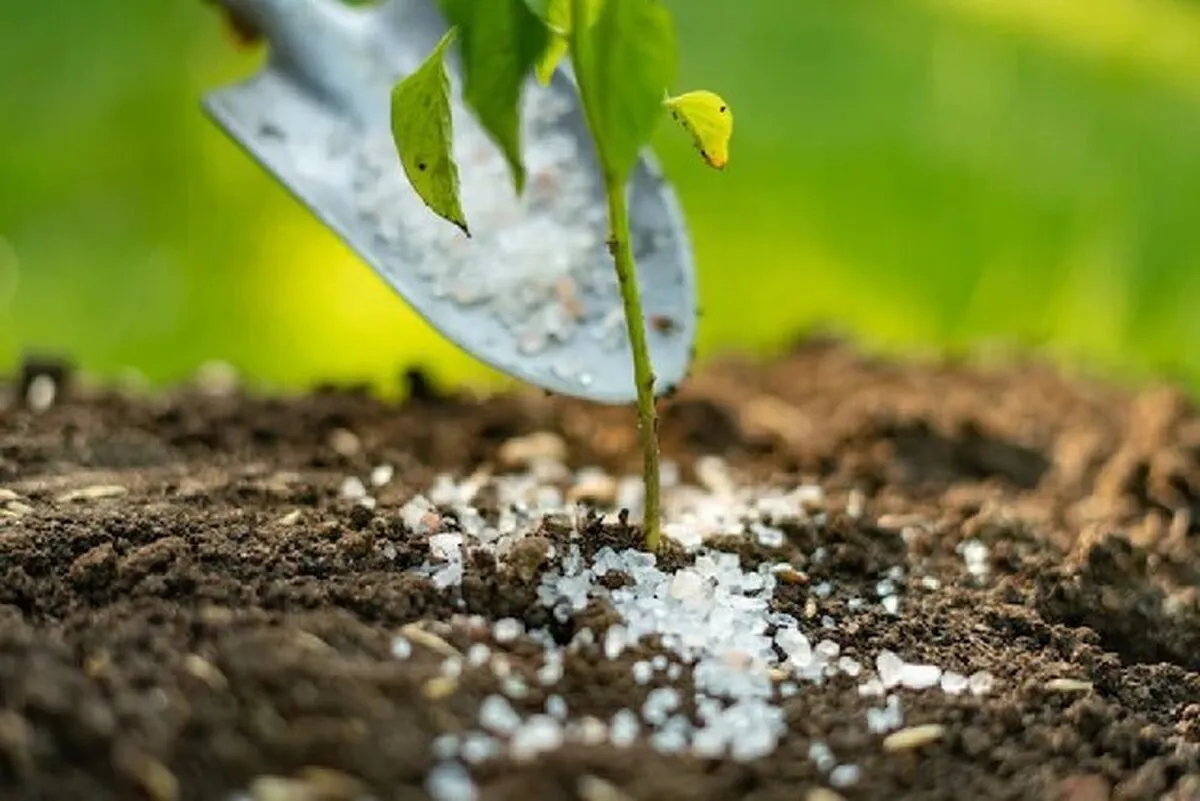Iranian Experts Produce Slow-Release Fertilizer from Agricultural Waste

“This level of long-term release, specially in high-rainfall areas, can reduce urea consumption by up to 75 percent,” said Arash Adibi Sadeh, the project manager.
“This technology, by using agricultural and livestock waste to cover the fertilizer, in addition to reducing production costs, is an important step towards developing bio-based products and reducing environmental impacts,” he added.
Adibi Sadeh explained that the slow-release nano-based biofertilizer brings numerous benefits to Iran’s agriculture, including maintaining the stability of nitrate levels in plants within global standards, which guarantees consumer safety.
“Increasing plant resistance to environmental stresses like soil salinity, extreme heat, drought, and heavy metals, through the targeted use of active nanoparticles, and high efficiency in winter, specially when urea production declines due to energy imbalance, are other features of this fertilizer,” he underlined.
In a relevant development in 2022, Iranian researchers at Islamic Azad University had also produced biocompost fertilizers which do not harm the environment.
Our product is a biocompost and nanocompost, and an intermediate between chemical fertilizer and animal manure which is used in the agricultural field. In other words, it enjoys the energy and additional elements of chemical fertilizers but does not have the contamination of livestock and animal fertilizers; a type of fertilizer that has the advantages of both types of fertilizers but without their problems and disadvantages, and can be a suitable alternative to the use of animal manure by farmers,” Reza Kazzemi, a Ph.D. student of Biotechnology at Islamic Azad University’s Yasouj branch, said.
He described wastes produced in houses, agricultural sector and factories, specially juice production plants, as the main ingredients of the biocompost and nanocompost.
“They are collected from the plants and useful bacteria are added to them in the laboratory environment. After this stage, based on the existing formulas, heavy and harmful elements are separated from household waste, and finally, a high-quality and completely biological product is manufactured based on the European indicators which contains materials needed by all types of garden, crop and potted plants," Kazzemi said.
4155/v





















